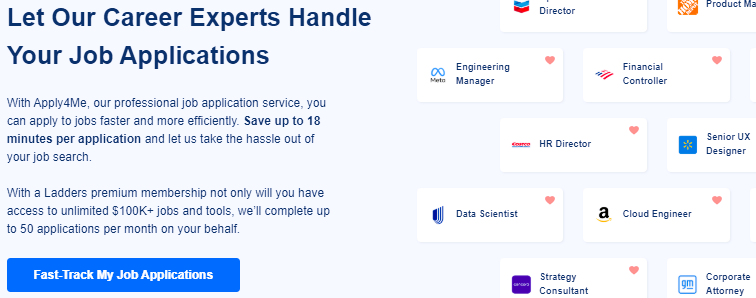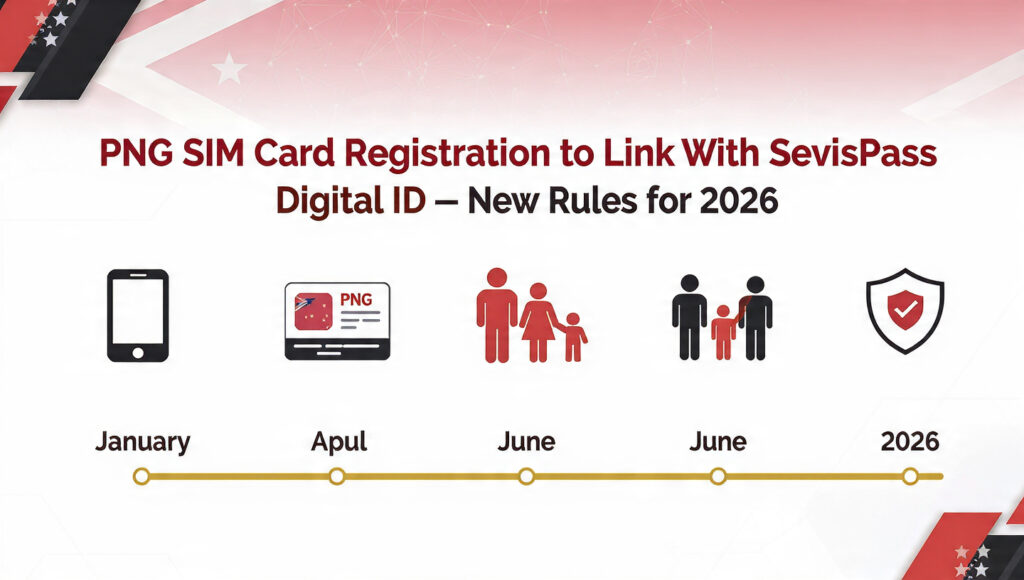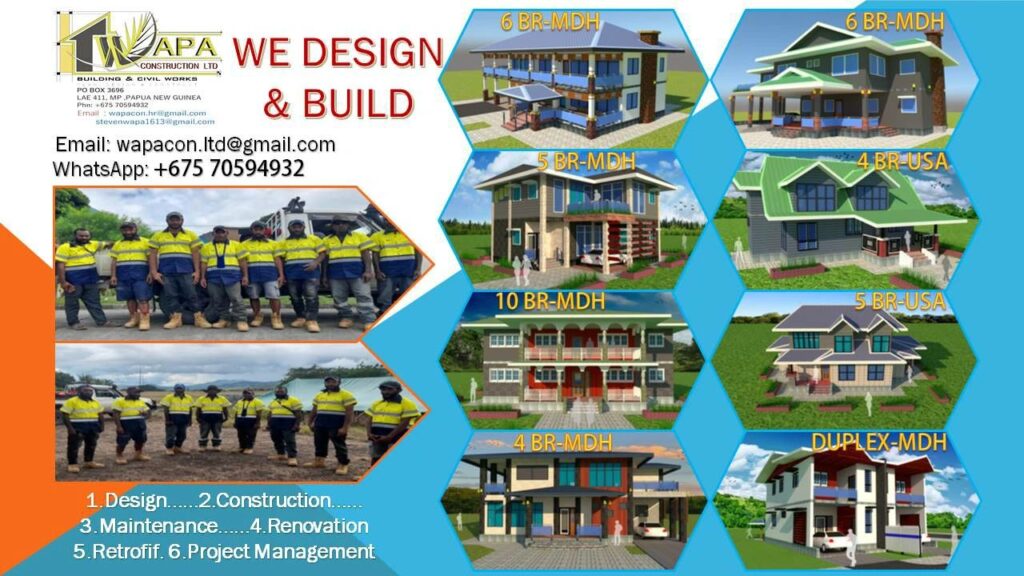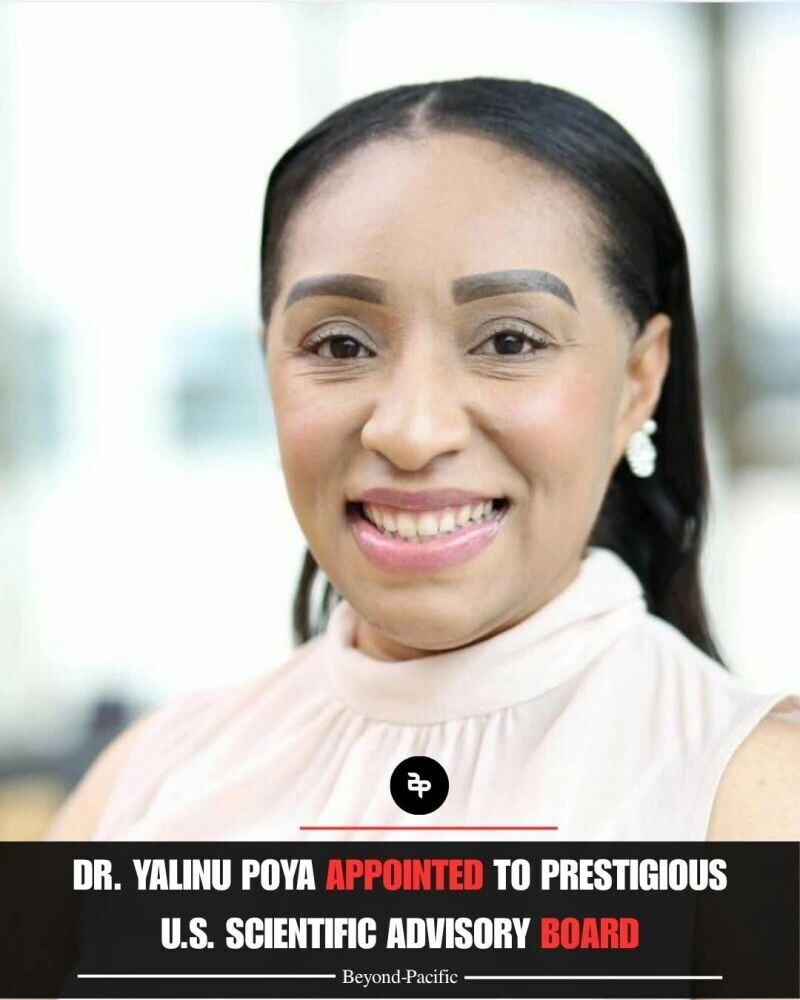Ace Your Next Job Interview with these 26 Common Questions & Answers.

26 Common Questions to Prepare for Job Interview
Preparing for a job interview is about understanding common questions and formulating effective responses. Here’s a structured approach with some tips on how to tackle each of the 26 common job interview questions.
Learn more about effective interview strategies and prepare yourself for success!
Preparing to Answer Common Interview Questions
General Strategies
Self-Reflection
Before your interview, take some time to reflect on your experiences, strengths, and the key skills that relate to the job.
STAR Method
For behavioral questions, use the STAR method (Situation, Task, Action, Result) to structure your answers effectively.

Responses to 26 Common Interview Questions
1 Tell me about yourself.
Approach: Provide a brief professional summary, highlighting your experiences relevant to the job. Start from your education or past roles and lead up to your current situation and what you’re looking for. Reading about successful interview techniques can also be beneficial—check out this book on interview success.
2 What is your greatest strength?
Approach: Identify a strength that aligns with the job requirements and provide a specific example of how you’ve utilized it in a work context.
3 What is your greatest weakness?
Approach: Choose a real weakness that you are actively working to improve. Explain what steps you’re taking to overcome it and consider resources like this book on interview success for more insights.
4 Why should we hire you?
Approach: Highlight your unique skills, experiences, and how they benefit the company. Focus on how you can contribute to their goals.
5 Why do you want to work here?
Approach: Research the company and align your values with theirs. Mention specific aspects (culture, mission, projects) that excite you.
6 Tell me about a time you showed leadership.
Approach: Use the STAR method to showcase a situation where you took initiative or led a project successfully. For further guidance, consider this book on interview success.
7 Tell me about a time you were successful on a team.
Approach: Describe your role in the team, how you worked collaboratively, and the positive outcome of the project.
8 What would your co-workers say about you?
Approach: Mention positive feedback you’ve received and how your colleagues view your work ethic or personality.
9 Why do you want to leave your current role?
Approach: Frame your response positively, focusing on seeking new challenges or growth rather than negativity towards your current employer.
10 Describe your most challenging project.
Approach: Provide details about the project, the obstacles, how you tackled them, and what you learned.
11 Tell me about something you’ve accomplished that you are proud of.
Approach: Share a specific achievement and the steps you took to reach that goal. Highlight its impact and consider reading this book on interview success for additional tips.
12 Can you explain your employment gap?
Approach: Be honest about the reason for the gap. If applicable, mention any skills or experiences you gained during that time, and recommend checking out this book on interview success for strategies.
13 What are your salary expectations?
Approach: Research industry standards and provide a range. Be open to discussion and emphasize that you’re flexible depending on the role’s responsibilities.
14 What do you like to do outside of work?
Approach: Mention hobbies or interests that demonstrate your character, skills, or align with company culture.
15 Tell me about a time you had to manage conflicting priorities.
Approach: Use a specific example illustrating how you prioritized tasks effectively and achieved your objectives.
16 Where do you see yourself in 5 years?
Approach: Share your career aspirations that align with the potential growth opportunities at the company.
17 Describe your leadership style.
Approach: Discuss your style in terms of people management, decision-making, and teamwork, providing examples when possible.
18 Tell me about a time you failed or made a mistake.
Approach: Be honest and brief about the failure, then emphasize what you learned and how it improved your work.
19 Tell me about a time you worked with a difficult person.
Approach: Describe the situation, your approach to resolving the conflict, and the outcome.
20 Tell me about a time you had to persuade someone.
Approach: Outline the scenario, your persuasive techniques, and how it led to a successful resolution.
21 Tell me about a time you disagreed with someone.
Approach: Focus on how you handled the disagreement professionally and reached a constructive outcome.
22 Tell me about a time you created a goal and achieved it.
Approach: Share your goal-setting process, the steps you took, and the results of achieving that goal.
23 Tell me about a time you surpassed people’s expectations.
Approach: Highlight a specific project or situation where you exceeded expectations, detailing your approach and the positive feedback received.
24 Tell me about a time you had to handle pressure.
Approach: Describe the high-pressure situation, how you managed it, and the successful outcome.
25 Tell me about a time you had to learn something quickly.
Approach: Provide an example of a situation where you had to adapt quickly and what strategies you used to learn effectively.
26 Do you have any questions for me?
Approach: Always prepare a few thoughtful questions for the interviewer to demonstrate your interest. Consider asking about team dynamics, company culture, or the future direction of the company.

3. Additional Tips for Interview Preparation
Practice Mock Interviews: Engage in role-playing with friends or family. Reading a relevant book can also help you practice; here’s a good one on interview success: Amazon Book.
Dress Professionally: Choose attire that aligns with the company culture.
Follow Up: After the interview, send a thank-you note that reiterates your interest in the position.
With this structured approach, you’ll be well-equipped to tackle your job interview confidently. Each answer should reflect your personal experiences while aligning with the job and company. Remember, interviews are an opportunity for you to evaluate if the company is the right fit for you, too. Good luck!
Explore more interview resources here to enhance your preparation!
Paul, M.



